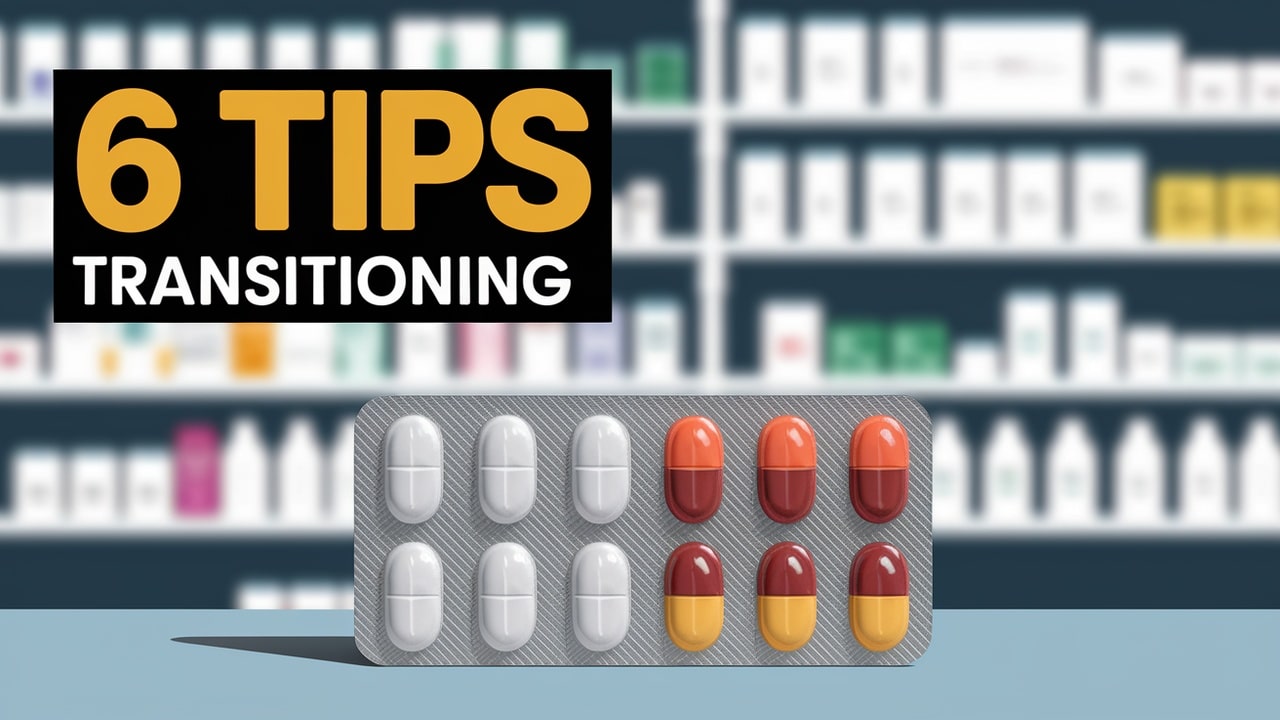
7 Things You Must Know About Diet Supplements
Many people use dietary supplements to help them get and stay healthy. One type of dietary supplement is herbal medicines or botanicals, also known as “natural products.” Dietary supplements are widely available in pills, powders, or liquids. While there is plenty of evidence that dietary supplements can help prevent and treat nutrient deficiency, there is much less evidence that they can help prevent or treat other diseases. As a result, there is a lot we do not know.
Table of Contents
- Here are seven things to consider if you are considering or using a dietary supplement.
- Take control of your health by becoming a well-informed consumer.
- Natural does not always imply safe.
- Interactions may occur.
- Be aware of the possibility of contamination.
- Consult your healthcare providers.
- You do not urinate supplements, believe it or not.
- Get specific instead of taking a multivitamin.
- Conclusion
Here are seven things to consider if you are considering or using a dietary supplement.
Take control of your health by becoming a well-informed consumer.
The standards for marketing supplements differ greatly from those for drugs. For example, supplement marketers are not required to demonstrate to the Food and Drug Administration that their product is safe or effective before it is placed on grocery store shelves. Learn what the scientific evidence says about the safety and efficacy of a dietary supplement. The resources listed below can assist you.
Natural does not always imply safe.
The herbs comfrey and kava can cause severe liver damage. Furthermore, the term “standardized” (or “verified” or “certified”) on a bottle does not guarantee product quality or consistency.
Interactions may occur.
Some dietary supplements may interact with medications (prescription or OTC) or other dietary supplements, and others may have side effects on their own. St. John’s wort interacts with many medications in ways that can interfere with their intended effects, including antidepressants, birth control pills, antiretrovirals used to treat HIV infection, and others, according to research.
Be aware of the possibility of contamination.
Some supplements have been discovered to contain hidden prescription drugs or other compounds, particularly those marketed for weight loss, sexual health (including erectile dysfunction), athletic performance, or body-building.
Consult your healthcare providers.
Inform your doctors about any complementary health products or practices you use, such as dietary supplements. This gives them a complete picture of what you are doing to manage your health and ensures coordinated and safe care.
You do not urinate supplements, believe it or not.
One of the most common complaints Firisin receives is about “peeing out vitamins.” While certain supplements can cause your urine to turn yellow and even smell unpleasant, this does not mean you are releasing the excess instead; each nutrient has a specific dosing regimen that is either a basic level for optimal health or a therapeutic level that may be required to achieve a specific goal.
Get specific instead of taking a multivitamin.
We are sorry to break it to you, but if you are still taking it. You need to upgrade if you have gummy daily vitamins from when you were a kid. According to nutritionist Jonny Bowden, Ph.D., CNS, a multivitamin is insufficient for most adults to reap the benefits of supplement use.
Conclusion
Before taking diet supplements, make sure you go through this article so it can help you be on the right track in your new journey. With this information, you can get the most effective diet supplement.






